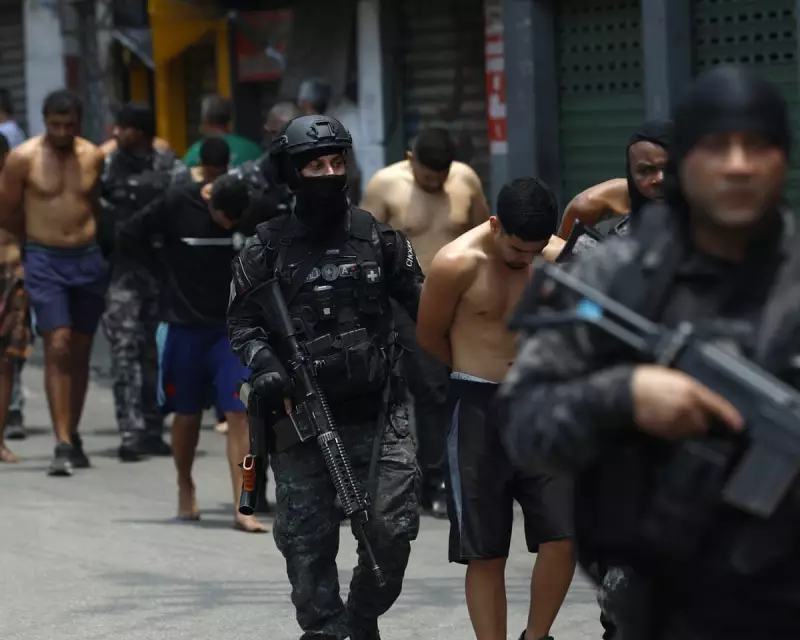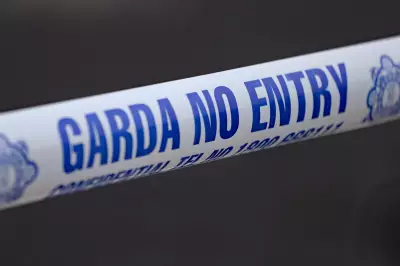
Rio de Janeiro has become a battleground as military police unleash one of their most aggressive crackdowns in recent memory against powerful drug cartels controlling the city's sprawling favelas. The operation, spanning multiple neighbourhoods including the Complexo da Maré and Vila Cruzeiro, has transformed streets into combat zones with armoured vehicles and heavily armed officers engaging in fierce firefights.
A City Under Siege
The scale of violence has reached unprecedented levels, with residents reporting being trapped in their homes for days as bullets fly between police and gang members. Local schools have suspended classes, businesses remain shuttered, and emergency services struggle to reach those in need amid the ongoing conflict.
"We're living in a state of terror," described one Maré resident who requested anonymity. "The sound of gunfire is constant, and we don't know when it will be safe to leave our homes."
The Human Cost of Conflict
Civil society groups have documented numerous cases of civilians caught in the crossfire, with reports of arbitrary detentions and limited access to medical care. Human rights organisations are sounding alarms about the disproportionate use of force and the impact on vulnerable communities already struggling with poverty and limited public services.
The current offensive targets the Comando Vermelho (Red Command), one of Brazil's most powerful criminal organisations that has long controlled drug trafficking in these territories. Police claim the operations are necessary to dismantle gang infrastructure and recover stolen vehicles and weapons.
Political Backdrop and International Concern
This escalation comes amid growing political pressure to address Rio's security crisis, though critics argue that the militarised approach only perpetuates cycles of violence. The strategy has drawn comparisons to urban warfare tactics typically seen in conflict zones, raising questions about long-term solutions for Rio's security challenges.
International observers have begun monitoring the situation closely, concerned about potential human rights violations and the humanitarian impact on favela communities. As the operations continue with no clear end in sight, thousands of Rio's residents remain trapped between warring factions in what many are calling an undeclared urban war.





